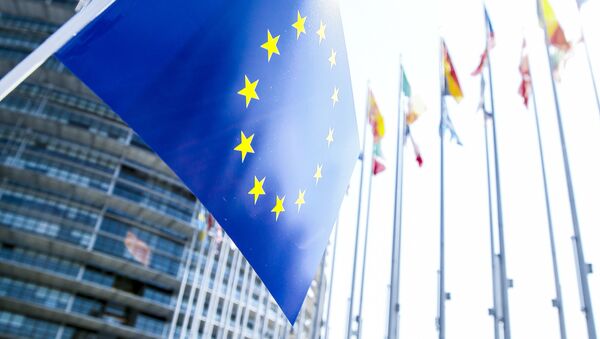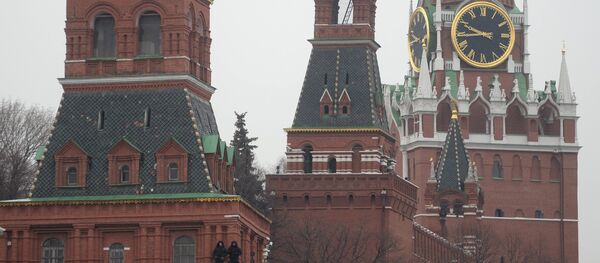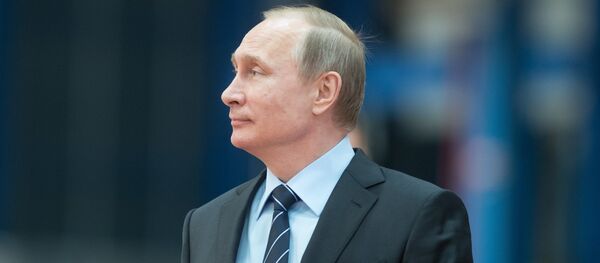WASHINGTON (Sputnik) — Since 2014, the United States, the European Union and some of their allies have imposed several rounds of sanctions targeting key sectors of the Russian economy, as well as a number of individuals and entities, over Crimea’s rejoining Russia and Moscow's alleged involvement in the conflict in eastern Ukraine.
Russia has repeatedly refuted the allegations and announced a food embargo on products originating in states that imposed sanctions against it.
"It [extension of sanctions] is based on the situation in Russia, and the Russian attitude. Russia is not changing its attitude, so I assume they will be prolonged for half a year," Stefanec said on Thursday.
Stefanec explained the issue must be decided not only by the European Parliament but also by European Council.
"It must be voted unanimously, so that means everybody has to agree. So far, it was a consensus despite some doubts. Currently it looks like it will be the same way also for the next half a year. But once again we are open and we are waiting for a signal from the Russian side."
Stefanec noted that he would continue the sanctions policy toward Russia, but would not expand the current sanctions.
"I would like to keep it as it is right now. I would like to not lift it, but I think it’s not necessary to strengthen them, because it looks like they have results and we should keep it as the situation is still as it is," he explained. "I hope that the situation will be improved, and we can lift sanctions at some point at some time. Once again, the ball in this case is on the Russian side."



